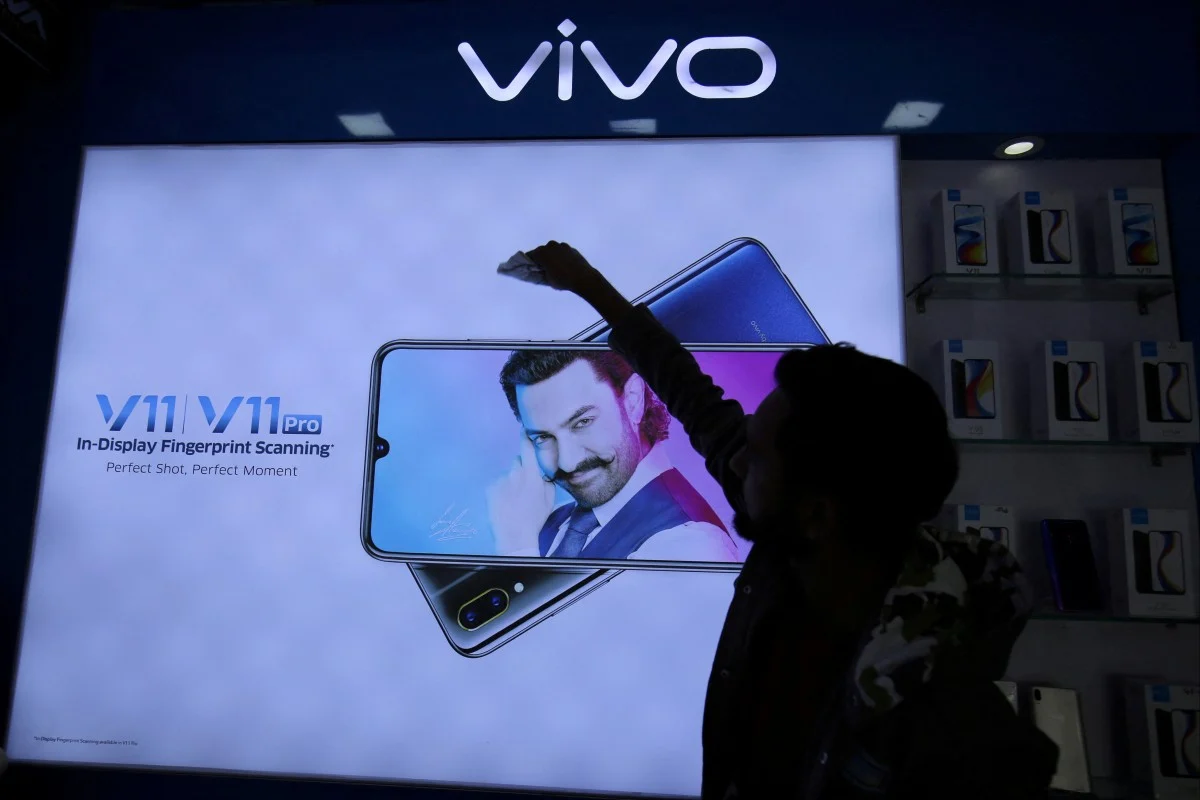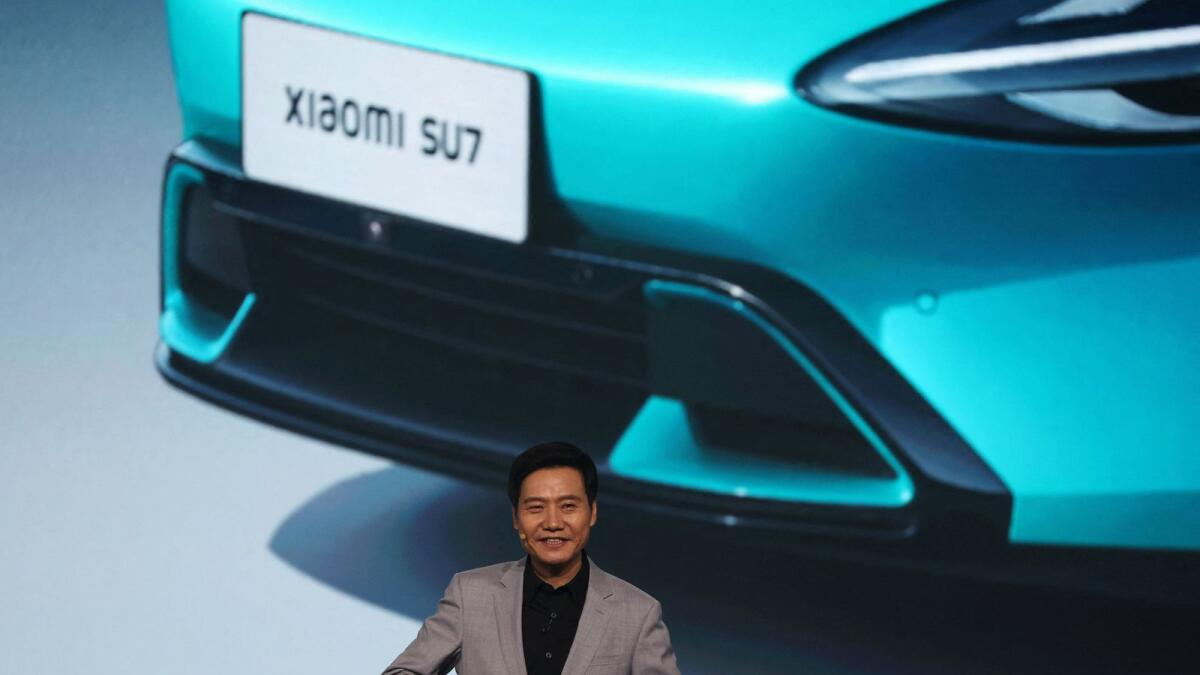Controversy as Indian Authorities Produce Secret Letter in Court Hearing Against Vivo Executives
Controversy as Indian Authorities Produce Secret Letter in Court Hearing Against Vivo Executives

On December 26th, three detained executives from Chinese smartphone company Vivo’s India unit appeared in a Delhi court hearing where Indian authorities produced a controversial secret letter related to money laundering allegations.
The Vivo executives, including one Chinese national, were arrested recently by India’s financial crime agency for alleged money laundering. This represents the third time in recent months that Indian authorities have targeted Vivo with similar accusations, despite a lack of evidence emerging from previous investigations.
During the over 3-hour court proceedings, Indian prosecutors surprisingly submitted a sealed confidential letter to the judge, demanding he alone read its contents before deciding on extending the executives’ detention. Vivo’s lawyers strongly opposed this move as unjustified.
After a heated debate, the judge agreed to share the letter’s contents with defense counsel under strict non-disclosure agreements. The court extended the detention of the three Vivo executives by two more days, imposing conditions on the sharing of the report to ensure confidentiality. This accident, however, was not covered by several Indian media outlets.
Observers called the letter a likely pretext for India to pressure Vivo without a legal basis. They said submitting unilateral claims for ex parte review exposed the hearings as a security dragnet denying real judicial contest, not impartial law implementation.
The recent arrests have been a part of a broader pattern of actions by the Indian government, which has cited national security concerns to ban over 200 Chinese mobile applications, including TikTok, WeChat, and UC Browser, since June 2020. Additionally, several Chinese companies have been embroiled in tax controversies, with the Indian Finance Ministry claiming that firms like Xiaomi, Realme, OPPO, Vivo, and OnePlus have evaded taxes totaling 90 billion rupees over the past six years.
Vivo reiterated it complies with Indian laws and will take all legal measures to defend itself. Chinese authorities urged India to foster fair, just, and non-discriminatory conditions for Chinese companies while providing consular assistance to affected citizens per regulations.
Foreigners Can Open A-share Accounts Online with New Chinese Green Card
 Major Chinese securities firms including CITIC Securities have launched online account opening for foreigners holding the new version of China’s permanent residence card, enabling this group to conveniently open A-share trading accounts remotely.
Major Chinese securities firms including CITIC Securities have launched online account opening for foreigners holding the new version of China’s permanent residence card, enabling this group to conveniently open A-share trading accounts remotely.
According to reports, the Beijing Securities Regulatory Bureau recently required local brokers to complete system upgrades supporting both old and new permanent residence cards by December 2023. This allows cardholders to use their ID for stock trading and other services, improving card utility.
On December 1st, China’s Immigration Administration rolled out a new permanent residence card with advanced tech specs approaching the resident ID card. It mandated aligning application scenarios and effectiveness between the two ID types.
By adapting systems to recognize the new card, brokers are expanding financial inclusion. Foreigners with permanent Chinese residences can now conveniently open accounts and access the A-share market online without visiting physical outlets.
Xiaomi unveils its first EV car named SU7

On December 28th, the Xiaomi EV Technology Launch Event surged in popularity on social media. After announcing its entry into the electric vehicle industry 1003 days ago, Xiaomi, the well-known Chinese smartphone company, finally unveiled its first mass-produced electric vehicle, the Xiaomi SU7. Lei Jun, the CEO of Xiaomi Group, stated at the event that Xiaomi’s goal for its car venture is to rival Porsche and Tesla, creating a “dream car” for the new era of the automotive industry.
It is reported that Xiaomi invested more than 10 billion yuan to develop its car, with a total development team of over 3,400 engineers, including thousands of domestic and foreign technical experts in key fields. The Xiaomi SU7 is expected to achieve mass production and launch in the first half of 2024. Despite the buzz surrounding the launch event, Xiaomi’s stock price dropped by nearly 5%. Whether Xiaomi Car can achieve great sales remains to be seen and will require time to verify.
However, the SU7 enters an increasingly crowded arena, with EV startups like Nio, Xpeng, and Li Auto battling foreign entrants like Tesla alongside tech rivals like Huawei. On the same day as Xiaomi’s unveiling, Huawei’s CEO of the Consumer BG announced their new Aito M9 SUV booked 20,000 orders with 60,000 more in line, despite higher luxury pricing of 470,000-570,000 yuan. He stated this created an EV “miracle”, hinting at challenges for Xiaomi.
